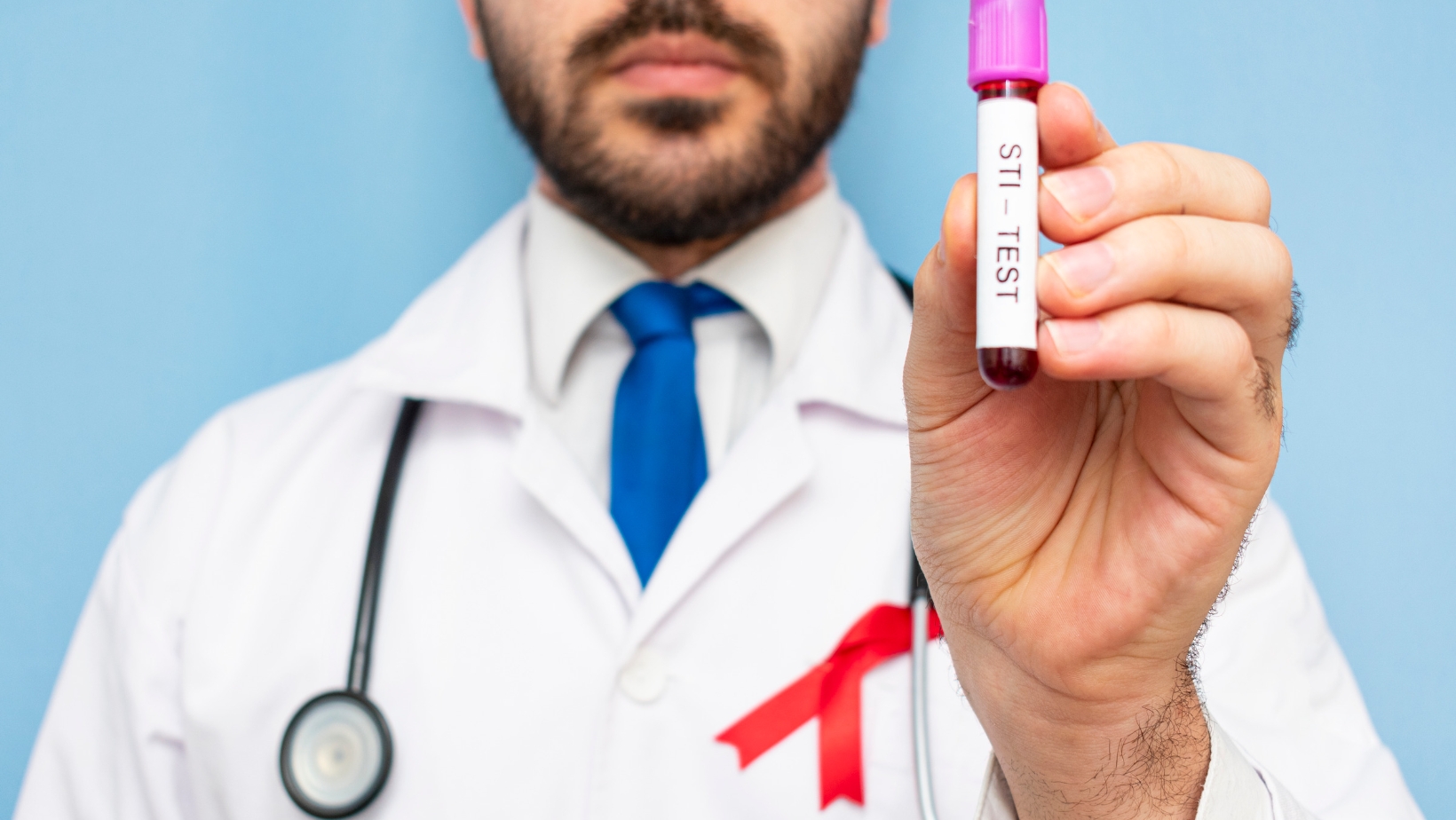Read this with minimal ads our Mobile Apps! iOS – Click Here | Android – Click Here
- HSE home testing service has improved access to testing no matter where people live
Cases of sexually transmitted infections (STIs), most notably, chlamydia and gonorrhoea, increased in 2022 compared to 2019, according to HPSC’s latest surveillance data published today (Thursday, 20th April 2023). This shows that gonorrhoea rates have increased by 45% and chlamydia by 20%, whereas Early Infectious Syphilis (EIS) rates have remained relatively stable.
There are a number of factors contributing to this, including the return to normal after Covid-19 pandemic restrictions were lifted. Another significant factor has been improvements in access to testing. The free HSE STI home testing service, is available for all 17 years of age and older living anywhere in Ireland who can order a test online at www.sexualwellbeing.ie.
Professor Fiona Lyons, Medical Director/Clinical Lead in Sexual Health, HSE Sexual Health and Crisis Pregnancy Programme (SHCPP), said:
The HSE home testing service has really improved access to testing no matter where people live. It is convenient to use and is proving very popular with the public. This has led to an increase in detection of STIs, and we estimate now that more than one third of all chlamydia cases and nearly a quarter of gonorrhoea cases were detected via this testing service in 2022.
STIs are common, particularly chlamydia, herpes and gonorrhoea, and increases have been seen throughout the country. However, some communities and key populations are especially affected. STIs continue to disproportionately affect gay, bisexual and other men who have sex with men (gbMSM), and young people less than 25 years of age.
Dr Derval Igoe, Specialist in Public Health Medicine, HSE Health Protection Surveillance Centre (HPSC), added:
Consistent condom use, particularly when changing partners, is key for prevention. So too is availing of testing following unprotected sex, which helps in early detection and treatment and prevents passing on infection to others.
Further information is available at sexualwellbeing.ie. For gbMSM, additional resources are available at man2man.ie.
Background materials
STIs present a significant Public Health challenge with over 1 million STIs being acquired globally every day.
The World Health Organization (WHO) has published Global Health Sector Strategies on, respectively, HIV, viral hepatitis and sexually transmitted infections for the period 2022-2030 (GHSS). Agreed by the World Health Assembly in May 2022, the new strategies propose a common vision to end AIDS and the epidemics of STIs and viral hepatitis by 2030.
Irish Sexual Health Strategy 2015-2020, and review of actions in the Strategy are available at gov.ie – National Sexual Health Strategy (www.gov.ie). HSE SHCPP and partners continue to work on implementation of the Sexual Health Strategy and are working with the Department of Health on development of a new Sexual Health Strategy.
Behavioural surveillance information
- ·EMIS European men who have sex with men Survey (EMIS 2017)available atEMIS-2017 – Health Protection Surveillance Centre (hpsc.ie)
- ·The 2021 EMERGE study, conducted on the effect of COVID-19 and government restriction on the sexual health and well-being of gay and bisexual men available at EMERGE Report – MPOWER (hivireland.ie).
- ·Talking about sex and sexual behaviour of young people in Ireland | ESRI,November 2020.
- ·National Condom Distribution overview – sexualwellbeing.ie
Further information
You can find information about STI testing and condoms at https://www.sexualwellbeing.ie
Social media messages can be found on Sexual Wellbeing’s social media platforms.
Twitter: @_respectprotect
Facebook: @Sexual Wellbeing
Instagram: @hserespectprotect
Tiktok: @sexualwellbeing.ie
gbMSM, additional resources are available at http://www.man2man.ie/. gbMSM targeted social media messages can be found on Man2man social media platforms:
Twitter: @man2manireland
Facebook: @man2manireland
Instagram: @man2manireland

